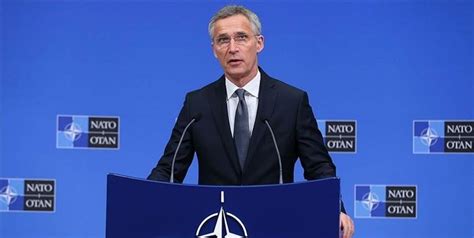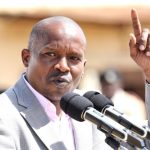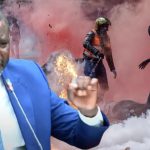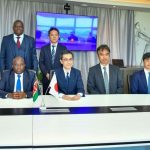
NATO chief Jens Stoltenberg said Friday the alliance was deploying its rapid response forces to bolster defences on its eastern flank in the face of Russia’s invasion of Ukraine.
“It is still a fluid situation. What we have seen is that the Ukrainian forces are fighting bravely and are actually able to inflict damage on the invading Russian forces,” Stoltenberg said after a video summit of NATO leaders.
“It is a full invasion of Ukraine. They are moving towards Kyiv and the stated goal is to change the government of Ukraine.”
Stoltenberg’s warned that the Kremlin’s aggression had created a “new normal”, threatening Europe’s broader security beyond non-NATO member Ukraine.
“We have already strengthened our deterrence and defence,” Stoltenberg said.
“Yesterday, allies activated our defence plans and, as a result, we are deploying elements of the NATO Response Force on land, at sea, and in the air to further strengthen our posture and to respond quickly to any contingency.”
The step is the latest by NATO aimed at beefing up its defences after allies spearheaded by the United States rushed thousands of troops to eastern members as the Kremlin moved on Ukraine.
“We have over 100 jets at high alert, operating in over 30 different locations and over 120 ships from the high north to the Mediterranean,” Stoltenberg said.
“This is to preserve peace to prevent an attack and to prevent that the war which is going on in Ukraine spills over to any NATO allied country.”
He did not give any details on where the response forces were being sent, saying it was up to NATO’s top military commander.
NATO’s response force is made up of 40,000 personnel and includes an 8,000-strong high-readiness contingent with air, sea and special operations soldiers that can be deployed within days.
© Agence France-Presse






